Is Expired Isopropyl Alcohol Safe and Effective?
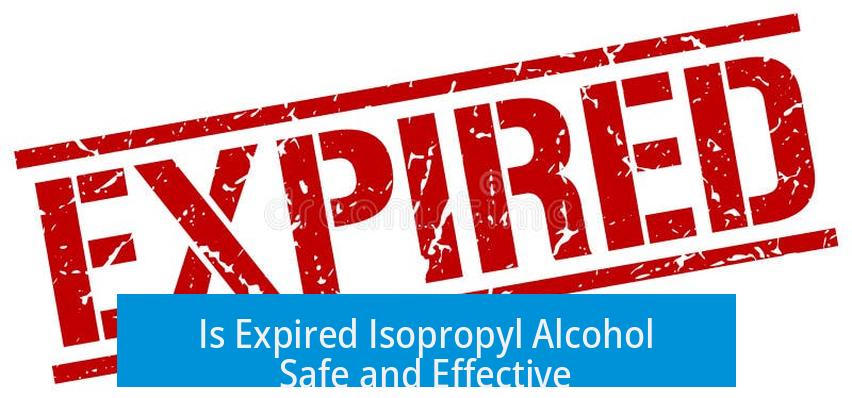
Expired isopropyl alcohol generally retains its effectiveness if stored properly, but safety and performance may decline due to evaporation and possible peroxide formation. Regulatory bodies require expiration dates, but these often do not indicate a strict cutoff for usability.
Expiry Dates and Shelf Life

Isopropyl alcohol has a theoretical indefinite shelf life under ideal storage conditions. Expiry dates mainly fulfill regulatory obligations. If kept sealed and stored away from heat or light, isopropyl alcohol does not chemically degrade significantly.
Chemical Changes Over Time
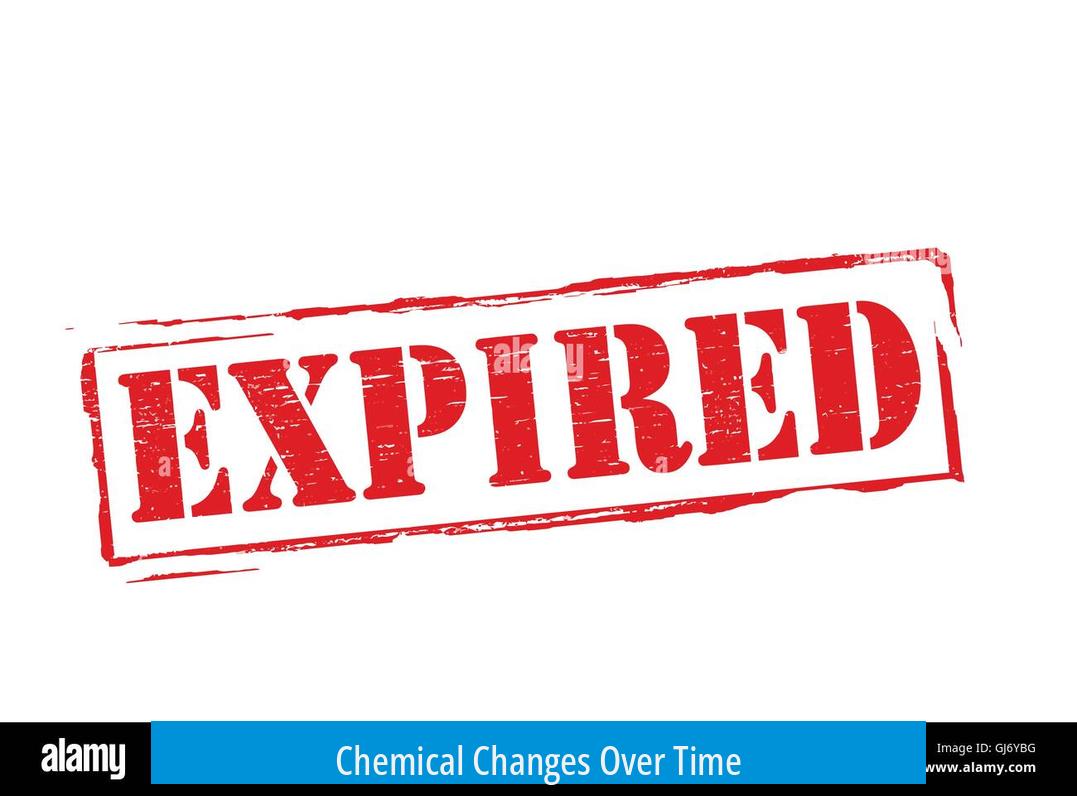
- If the container is open, isopropyl alcohol evaporates, reducing concentration.
- Water from the environment may enter, diluting the solution.
- Prolonged exposure to air can lead to peroxide formation.
Peroxides formed by oxidation pose potential safety hazards, especially if exposed to heat or open flames.
Safety Concerns
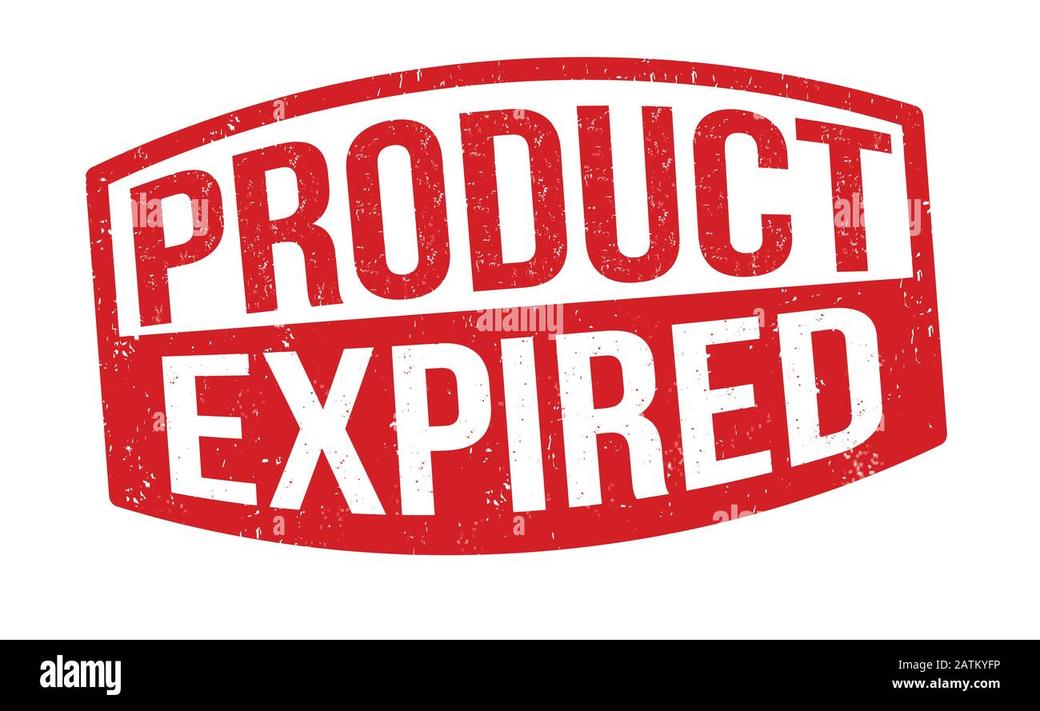
Though hazardous peroxide formation is possible, incidences related to expired isopropyl alcohol are rare. Still, caution is advised. Consulting safety data sheets before use is prudent. Avoid heating or igniting old isopropyl alcohol.
Use in Skin Cleaning and Disinfection
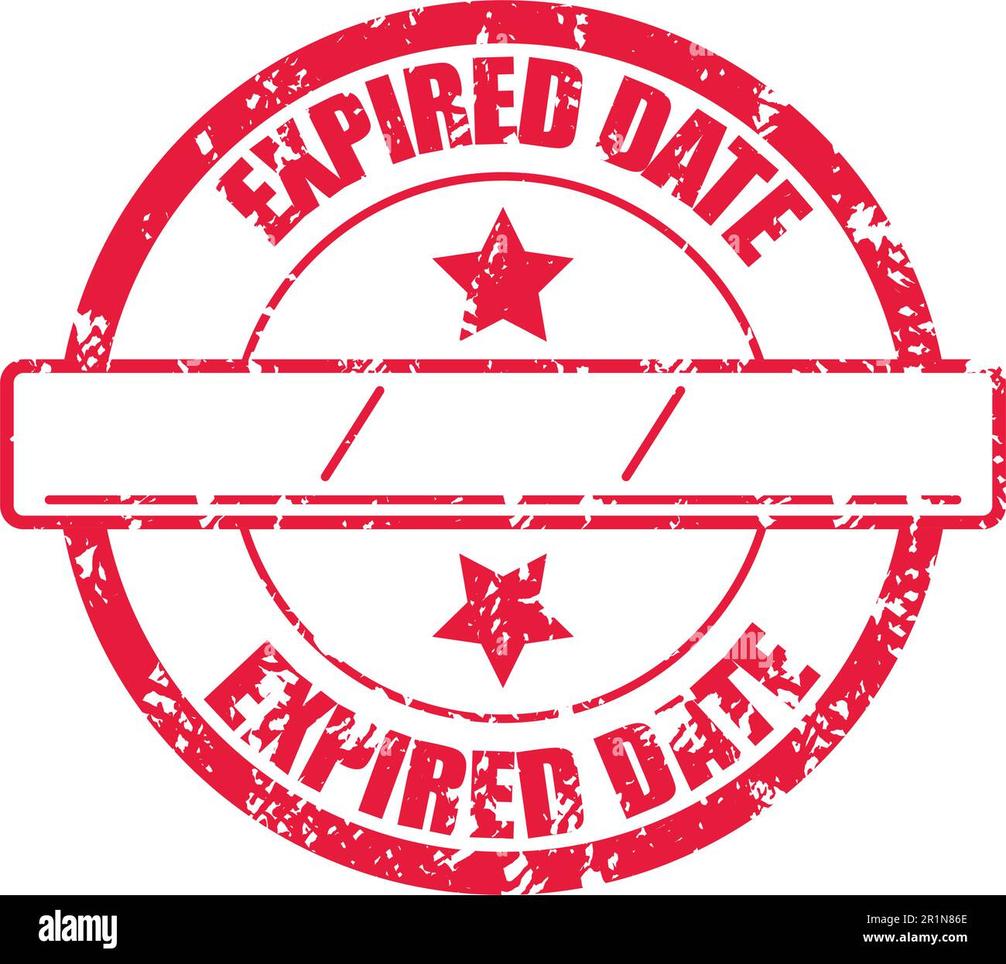
Expired isopropyl alcohol generally remains effective as a skin disinfectant unless visibly contaminated or heavily evaporated. Risk of infection from using expired solutions is minimal. It is commonly used safely for skin preparation before injections.
Alcohol-Based Wipes
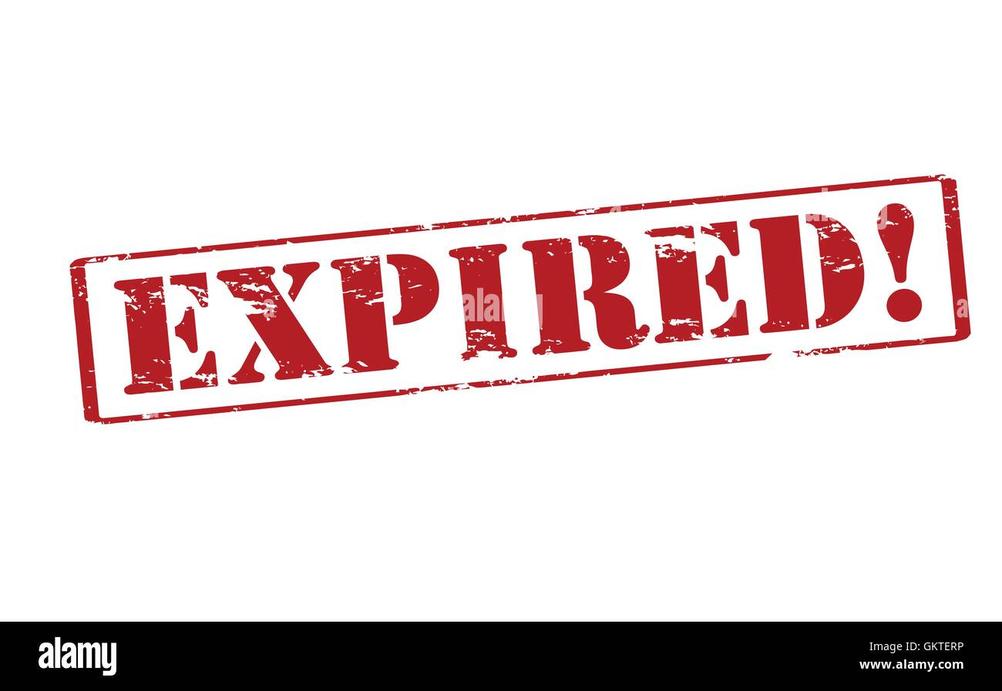
Alcohol wipes containing 70–75% alcohol may lose some efficacy after expiration but often remain usable when unopened. They could still serve well for household disinfecting needs, reducing waste from premature disposal.
Key Takeaways
- Expiration dates on isopropyl alcohol are mostly regulatory, not strict indicators of spoilage.
- Evaporation and dilution reduce concentration if containers are not sealed.
- Prolonged air exposure can produce hazardous peroxides; handle expired alcohol cautiously.
- Expired isopropyl alcohol remains effective for skin disinfection in most cases.
- Sealed alcohol wipes may retain sufficient potency past expiration for household use.
Expired Isopropyl Alcohol? What You Really Need to Know
Is expired isopropyl alcohol still good to use? The simple answer: Yes, generally it is. It’s not a case of your trusty bottle turning into a dangerous potion overnight. Instead, the “expiration date” you see is often more a bureaucratic checkbox than a real signal that the chemical inside has gone bad. But let’s peel back the layers and see what’s really going on.
Ever noticed how medicine and disinfectant bottles are stamped with an expiry date? The government doesn’t want companies skipping that step. It’s a rule, not a reflection of chemical magic disappearing at a set date. Isopropyl alcohol, also known as rubbing alcohol, is quite stable when stored properly. So, if you find a bottle that expired last year hiding in your medicine cabinet, it’s likely still up for the job.
But What About Chemical Changes?
Here’s the catch: isopropyl alcohol does not truly degrade under normal conditions, but it does have quirks. The real enemy here is air exposure. If the bottle is left open or not tightly sealed, the alcohol can slowly evaporate. What’s left behind is a watery mix, weaker and less effective. That’s a bummer if you want a quick disinfection or cleaning fix.
We also have to give a nod to science’s darker side. Over a long time, with air sneaking in, isopropyl alcohol can form peroxides — special chemicals with an -O-O- bond. Why should you care? Because peroxides can be unstable and sometimes explosive if you heat the bottle or concentrate them. So, a dusty, half-empty bottle in your garage is probably less of a cleaning agent and more of a ticking time bomb (okay, not really, but don’t get careless).
Safety First: The Peroxide Puzzle
No one has reported exploding bottles or dangerous reactions from old isopropyl alcohol for everyday household use. But safety sheets, like the MSDS (Material Safety Data Sheet), recommend caution. If you suspect your isopropyl alcohol has been sitting unsealed for years, it might be wise to retire it. For routine home use — cleaning small cuts, sanitizing surfaces — expired isopropyl alcohol that’s been stored well poses minimal risk.
Is It Still Safe for Your Skin?
This tends to be the most common concern. People often use isopropyl alcohol before injections or to clean wounds. Can expired rubbing alcohol cause infections instead of preventing them? The short answer: not really. As long as the alcohol concentration remains high (usually 70% or more), it continues to kill germs effectively.
The main risk would be if the alcohol somehow got contaminated, or if evaporation diluted the concentration below effective levels. But simply being past its expiration date doesn’t make it a breeding ground for bacteria. Think of it like expired cereal — not harmful immediately, just less fresh.
How About Those Expired Alcohol Wipes?
Here’s a practical example: a few months ago, someone asked if disinfectant wipes that expired a year ago are still useful. These wipes were 75% ethyl alcohol and sealed tightly in containers. The good news? They likely still contain enough alcohol to disinfect, especially if the packaging stayed intact. These wipes don’t dry out quickly inside a sealed container.
In a pinch, using expired wipes can be better than nothing — particularly for things like cleaning surfaces around the house or quick hand sanitizing. For vulnerable individuals or medical procedures, fresh supplies are a better bet, but for everyday tasks, the difference may be negligible.
So, Should You Toss Expired Isopropyl Alcohol?
If the bottle is unopened, stored in a cool, dry place, and sealed tight, your “expired” isopropyl alcohol is probably still up for its job. Use it confidently to clean surfaces or for first aid. But if the bottle smells funny, has changed color, or you notice sediment or cloudiness, that’s a sign to replace it.
Also, don’t use expired isopropyl alcohol if you deal with sensitive applications like electronics cleaning or sterilizing medical instruments without verifying its condition and concentration. Mistakes here can be costly or dangerous.
Better Safe Than Sorry: A Few Tips
- Store isopropyl alcohol tightly sealed in a cool, dry spot away from sunlight.
- Check the bottle before use: no clouding or odd smells.
- If you keep old bottles, consider transferring small amounts to a new clean container to reduce air exposure.
- For disinfectant wipes, ensure packaging remains sealed to preserve moisture and alcohol content.
- When in doubt, buy a new bottle—it’s inexpensive and gives peace of mind.
In a world obsessed with expiration dates, it’s easy to toss something as soon as the date hits. But with isopropyl alcohol, a bit of skepticism and inspection goes a long way. So next time you find a bottle from last year’s hurricane prep, take a close look and maybe even give it a sniff—then make an informed call. Your surfaces, cuts, and wallet will thank you!
1. Does expired isopropyl alcohol lose its disinfectant power?
Expired isopropyl alcohol usually retains its disinfectant properties unless the container was opened or damaged. Evaporation or contamination can reduce its effectiveness.
2. Can expired isopropyl alcohol become dangerous over time?
Prolonged exposure to air might cause peroxide formation, which can be hazardous if heated. Though rare, handle old isopropyl alcohol with care and review safety guidelines.
3. Is it safe to use expired isopropyl alcohol on skin?
The risk of infection from using expired isopropyl alcohol on skin is very low. The alcohol remains effective unless visibly contaminated or diluted by absorbed water.
4. Why do isopropyl alcohol products have expiration dates if they don’t really expire?
Expiry dates are often regulatory requirements. They don’t always indicate chemical breakdown but serve as a guideline for product reliability and safety.
5. Can expired alcohol wipes still be effective for cleaning?
Alcohol wipes sealed well can retain enough alcohol to be useful after expiration. They may still clean surfaces but might be less effective than fresh wipes.


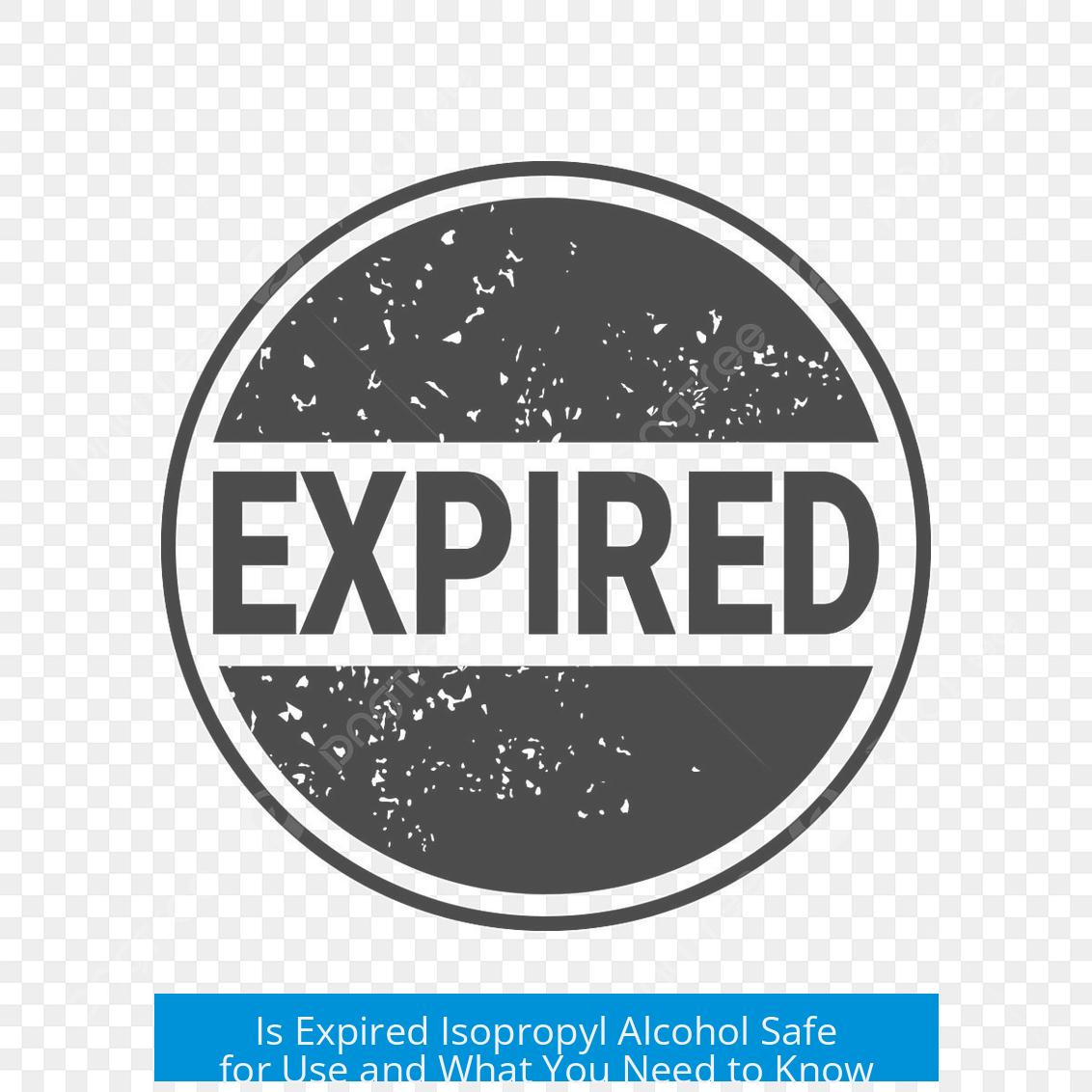


Leave a Comment